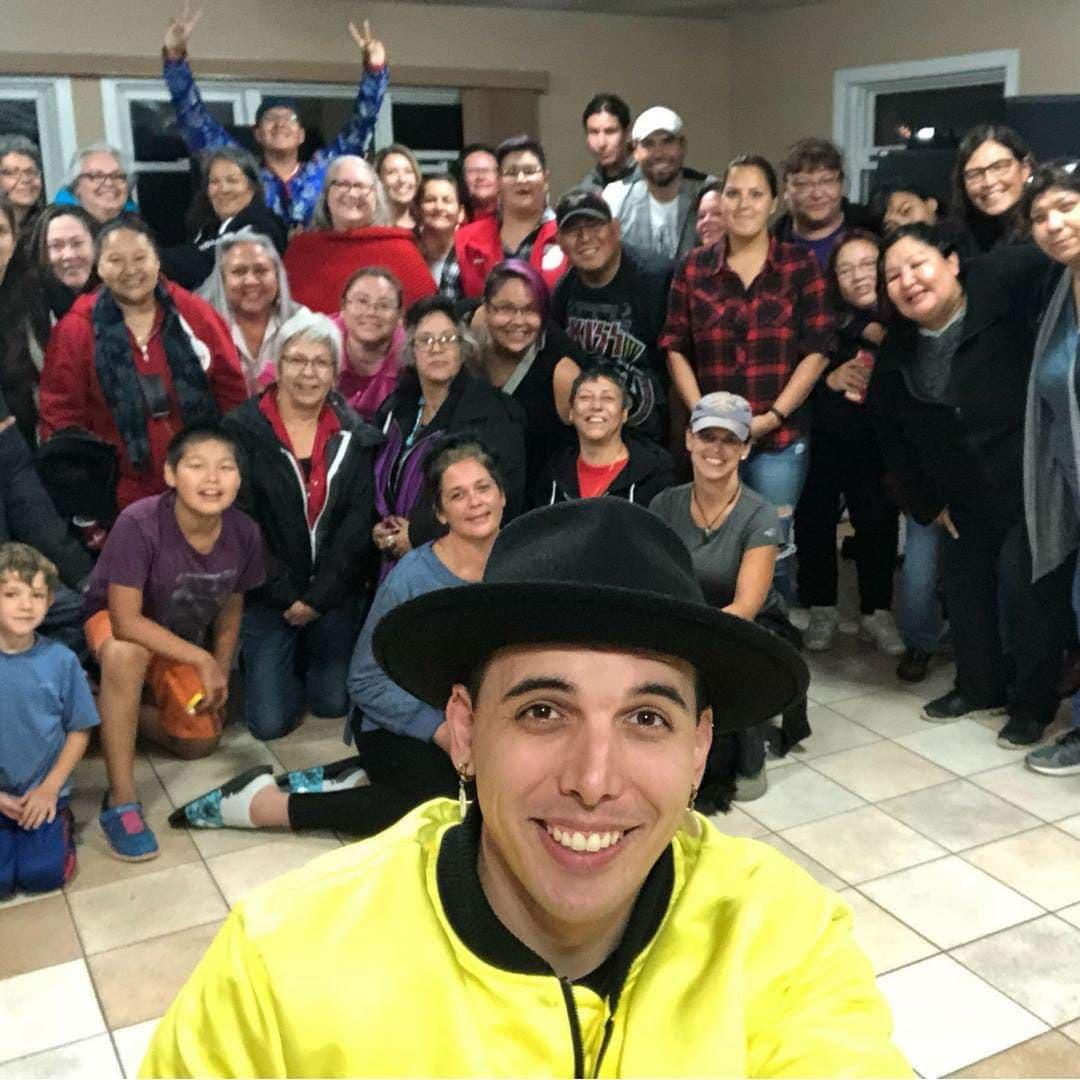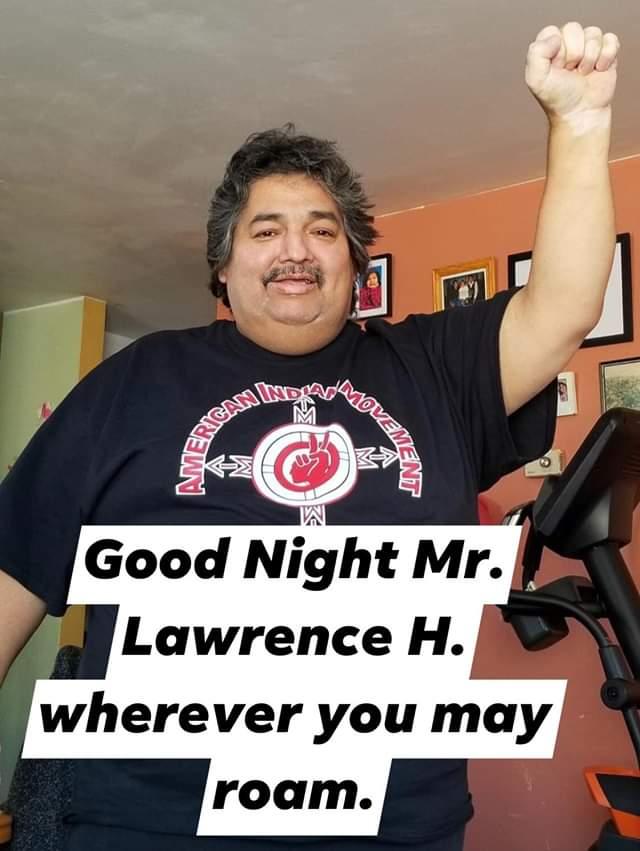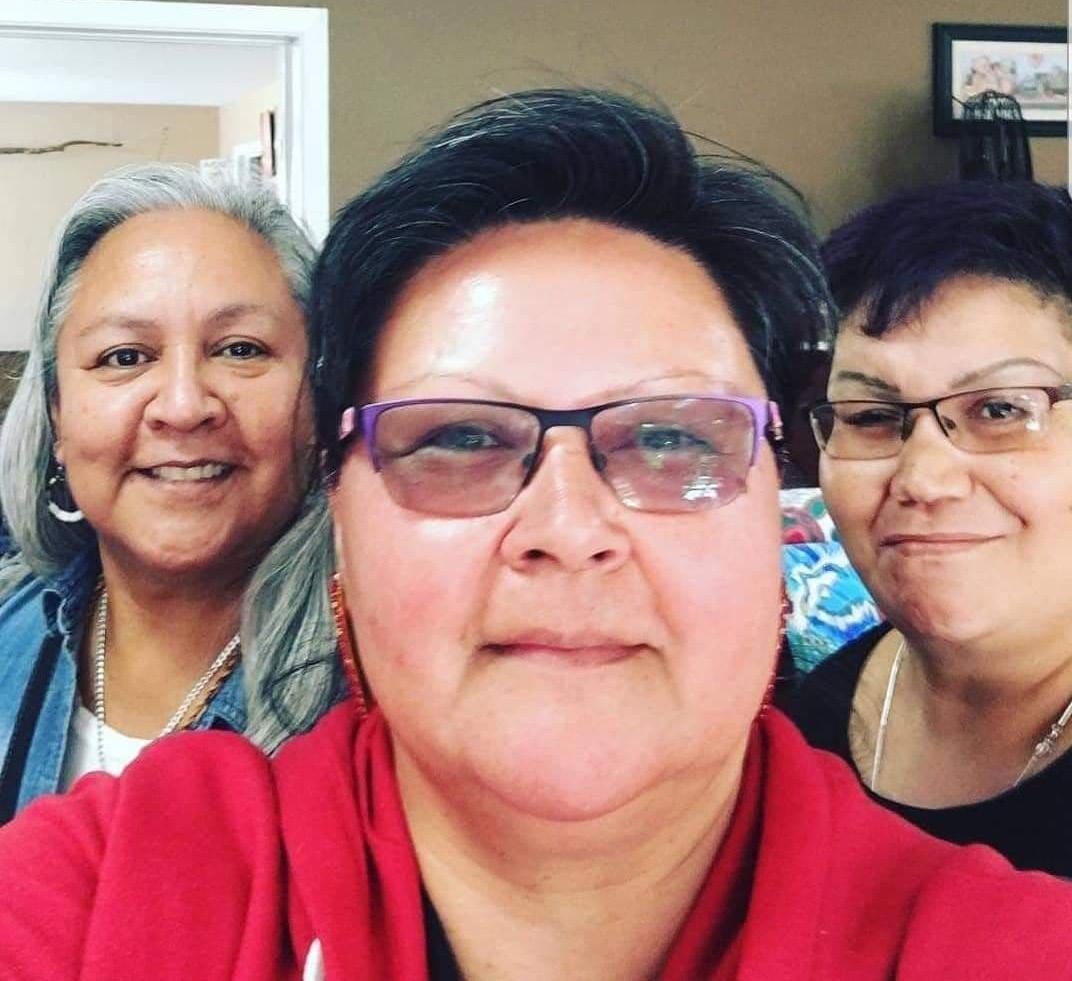
7 minute read
Half measures
Sixties Scoop settlement brings survivors mixed emotions

Advertisement

Measures Half
by Patrick Quinn
With the Covid-19 pandemic slowing administration of Canada’s $875 million class-action settlement agreement with Sixties Scoop survivors, a federal judge has approved interim payments of $21,000 to the 12,500 people already deemed eligible, as well as to those approved in the months ahead as the review process continues.
According to the agreement signed in November 2017, First Nations and Inuit children who were systematically removed from their homes and placed with non-Indig enous foster or adoptive parents between 1951 and 1991 are to receive their share of $750 million, depending on the number of eligible claimants.
Reviewing the 34,767 claims sub mitted by last year’s deadline took longer than anticipated, leading the Federal Court on March 27 to order the distribution of final payments to those accepted once 4,767 applica tions had been rejected. However, with the provincial archives needed to assess applications closed during the pandemic, the number of rejec tions remained stuck at 1,400.
“We recognize the huge emotion al toll this process and delay has had on applicants,” said Doug Lennox, a lawyer with one of the four law firms that helped negotiate the settlement. “The interim payment is about keep ing that process of justice moving. It’s the right thing to do.”
During this period of uncertainty, no claims will be denied, and dead lines have been suspended. This means those who received rejection or “intent to reject” letters have more time to support their claims. They are encouraged to seek guidance that may demonstrate their eligibility from one of the firms at no additional cost. This new arrangement came after pressure from advocacy groups, which emphasized financial worries during the pandemic.
“There’s a huge sense of relief that the court heard us, heard the class and the need for getting this settlement moving,” said Katherine Legrange, director of the 60s Scoop Legacy of Canada, a support and Delorme, who hopes to launch a advocacy organization based in 60s Scoop Legacy affiliate in the Manitoba. “We advocated hard for Northwest Territories. “But, as I’ve a resolution to the stalemate that discovered from other survivors happened in March. We’re really glad across Canada, the resiliency and that payments are moving forward.” tenacity are so profound.”
Now that interim payments have Like many survivors, Delorme been approved by the Federal Court struggled with depression and iden and Ontario Superior Court, where tity issues as she worked to unravel the original lawsuit was filed, com the mystery of what happened to her. pensation should begin arriving from She eventually began healing after claims administrator Collectiva in the reconnecting with her Indigenous coming weeks. The lengthy delays roots as an adult. While the settle have caused immense frustration ment compensation is welcome, it’s among survivors, many of whom are less than it cost her to return to her in financial distress. traditional territory
“A lot of retrau in 2014. matization has happened through this process,” Legrange told the Nation. “It’s taken so long to get to this point and it’s not even a “It couldn’t come soon enough for this survivor of the North,” “There were no full payment” Delorme said. “Will healing or cultural supports in place so folks who were sent rejection notices are - Colleen Hele-Cardinal, Co-Founder, Sixties Scoop Network it get me running water and [home] insulation? No, but it will help pay off quite distraught. One some of my debts gentleman threatened to commit sui so I can at least move forward on my cide on our Facebook page, which I plans. It doesn’t give back that which also said to the court.” was taken.”
While survivors have worked The government’s settlement offer together to overcome their forced was initially dismissed as insufficient removal from their birth families, there by the Sixties Scoop Network, former is also much division and “lateral ly the National Indigenous Survivors violence”. Legrange reminds herself of Child Welfare Network. However, that “hurt people hurt people.” Métis as it became apparent that this was and non-status survivors, such as probably the best deal they would Legrange, have been excluded from get, co-founder Colleen Hele-Cardinal this settlement and have their own came to realize that it might bring unresolved legal battles. relief to many.
“Yes, I have nightmares of the “I think a lot of people are disap monster that Canada has been, but pointed, but we have no choice but now I have nightmares about the to accept it,” acknowledged Helelateral violence that happens with Cardinal. “I don’t really feel like it’s a in our organizations trying to regain victory. It’s taken so long to get to this that which was lost,” said Nadine point and it’s not even a full payment.”
Hele-Cardinal lamented the lack of transparency throughout the set tlement process. She also says many survivors will be forced to use the money for living expenses rather than something special to enhance their lives. She has recently stepped back from her organization, feeling burnt out from dealing with so many angry people, and looks forward to moving on to other projects (read about her group’s GIS mapping project in this issue).
With $50 million from the settle ment allocated to a healing foundation dedicated to reconciliation initiatives, there is hope that new resources will become available for helping survivors connect with adoption records and family mem bers. Legrange learned she had five siblings, four of whom she’s never met, through a genealogy study using DNA.
While Legrange sees last year’s Bill C-92, which recognizes Indigenous jurisdiction over their child and family services, as a step in the right direction, she still feels there are many unresolved issues regard ing Sixties Scoop survivors. Although there has been growing awareness about Canada’s residential school system, for example, far fewer people know about the tremendous harm done by the Sixties Scoop.
“We never learned our languag es, didn’t have our siblings,” said Legrange. “Lots of us are still looking for family members or may not even know we were part of the Sixties Scoop. One thing I think we’ll focus on is an inquiry. I feel there’s a lot of education and awareness that needs to happen about the significant effects of that complete removal.”
Let’s continue to protect ourselves and consult health professionals!
If you feel the need or if you or a family member has a health problem or a psychosocial problem, you can consult a health or social services professional, even during the COVID-19 pandemic.
It is especially important to go to your health or psychosocial follow-up appointments if you or a family member have:
a chronic disease (e.g., diabetes, cardiovascular disease, hypertension, degenerative disease, etc.);
a mental health condition
(e.g., depression, anxiety disorders, etc.);
cancer; or any other disease, condition or situation that requires regular follow-up with a health or social services professional.
At any time, you can call Info-Santé staff if you have questions or concerns about your health, or Info-Social staff if you need psychosocial support.
Consultation by telephone or in person
Often, consultations with a health or social services professional can be done over the telephone. Telephone consultations are being prioritized during the pandemic (depending on your condition).
If you have to go to your consultation in person, rest assured that the necessary measures have been taken to ensure your safety and staff safety. Anyone who goes to a health care facility, such as a hospital, a clinic, a doctor’s office or a family medicine group (FMG), should wear a homemade mask (face covering) or procedure mask. This recommendation applies to both the patient and the person accompanying the patient. If you have COVID-19 symptoms, the staff might ask you to wear a procedure mask.
How do I consult a health professional? How do I consult a health professional?
You must first determine whether you have flu symptoms, gastroenteritis You must first determine whether you have flu symptoms, gastroenteritis symptoms or COVID-19 symptoms. symptoms or COVID-19 symptoms.
If you have COVID-19 symptoms, regardless of the reason for your consultation in family medicine, call 418 644‑4545, 450 644‑4545, 514 644‑4545, 819 644‑4545 or 1 877 644‑4545. For the hearing impaired (TTY), call 1 800 361‑9596 (toll free). Your health condition will be assessed and you will be referred, if necessary, to a designated assessment clinic or another resource where you can be seen safely during the pandemic.
If you do not have any of these symptoms and you need a consultation, proceed as follows:
If you have a family doctor •
Contact the clinic or family medicine group (FMG) that you usually go to to make an appointment. You can check whether your clinic or FMG offers medical and psychosocial consultations by searching your clinic or FMG’s name on the Finding a Resource page: sante.gouv.qc.ca/en/ repertoire‑ressources If you are unable to reach your clinic or FMG, call Info‑Santé or Info‑Social by dialling 811.
If you do not have a family doctor
• Call Info‑Santé or Info‑Social at 811 for advice or to be referred to an appropriate resource. • You can also contact a clinic that provides services to people who do not have a family doctor, such as a super clinic.







